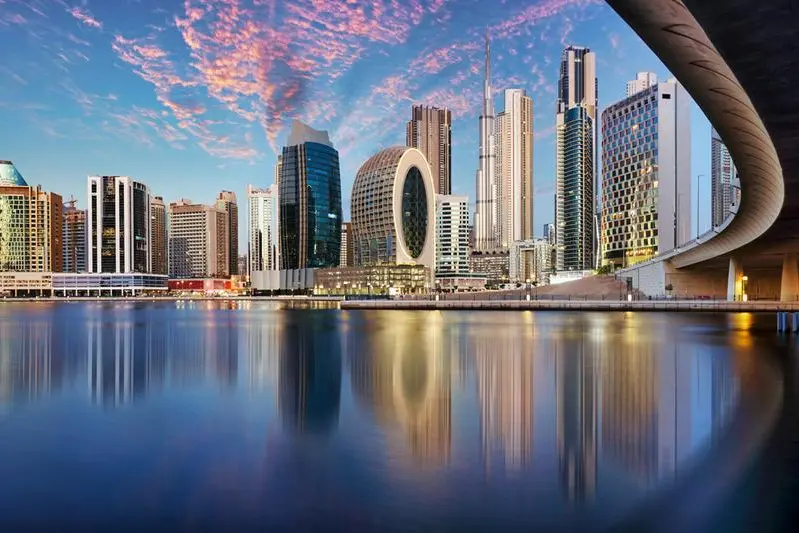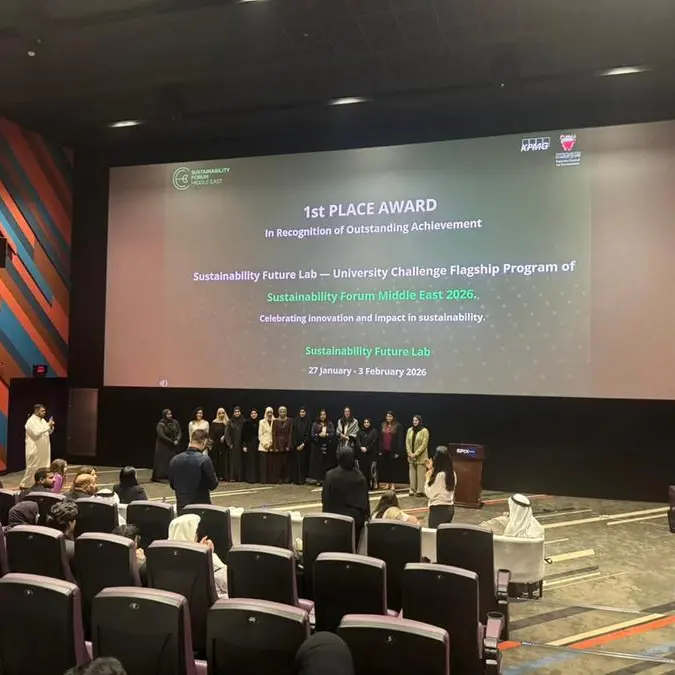PHOTO
Singapore headquartered Circular Cities Network(CCN) is convening the world’s leading environmental and climate-focused architects, landscape architects, urban planners, and engineers in Dubai on Wednesday 11th September to launch a roadmap for circular cities development.
The roadmap will determine how circular cities can tackle urgent environmental challenges such as extreme weather, traffic congestion, and critical air pollution through the integration of circular design principles to boost sustainability, efficiency, and livability and to regenerate nature.
It will be launched at the Circular Cities Summit 2.0, which will also explore new and innovative ways to bring sustainability and the environment into human-centric city spaces, and follows the inaugural event held in Singapore last year.
The Circular Cities Network is a group of eight international organisations including:
- International Federation of Landscape Architects(IFLA)
- International Society of City and Regional Planners (ISOCARP)
- International Union of Architects (UIA)
- World Federation of Engineering Organizations(WFEO)
- World Green Infrastructure Network (WGIN)
- International Society for Urban Health (ISUH)
- The International Association of Horticultural Producers (AIPH)
- Society of Sustainability and Green Materials(SSGM), which is facilitated by MCI Events and Productions
A circular city is a city designed to function in a circular economy, which is an economic system aimed at minimising waste and making the most of resources. In a circular city, resources are used and managed in a way that is sustainable and regenerative, and waste is minimised through reuse, recycling, and other forms of resource recovery.
Dr. Ali Al Jassim, president of CCN, believes building zero-waste and carbon-neutral cities will be crucial to preserving the planet for future generations, and the UAE and the MENA region could take the lead on a global scale.
Dr. Ali Al Jassim, president of the Circular Cities Network said: “With COP28 taking place in the UAE, the MENA region stands poised to lead the global discourse and action on sustainability. Achieving net zero carbon emissions remains paramount on our agenda, requiring collaborative efforts from governments, the private sector, organisations, and individuals alike.
“At CCN, our commitment to fostering sustainability knows no bounds. We recognize and applaud those leading the charge in transforming cities for the better, setting exemplary standards for all to follow.”
Peter Kindel, from SOM, an award-winning architect and urban designer, will call on delegates to think outside the box, embrace opportunities to innovate, and set new standards for cities on a global scale.
With more than 25 years of experience, Peter Kindel specialises in the sustainable integration of architecture, mobility and natural ecosystems, with a focus on restoration and cultural identity.
He has led climate-focused urban development projects ranging from The Hong Kong Waterline development to plans for sea-level rising in San Francisco Bay, to unifying Chicago’s lakefront.
Other speakers of note include Huda Shaka, director of design and research consultancy Gehl, and founder of smart city advisory firm The Green Urbanista; author and social sustainability consultant Dr Sasa Bozic; and Damian Tang, Director General of Circular Cities Network and Chairman of the advisory board for IFLA Asia Pacific Region.
Circular Cities Summit 2.0 will be held at Conrad Dubai and run between Wednesday 11th to Thursday 12th September 2024. Find more information here and purchase tickets here.
The event’s Patron Sponsor is Knauf Insulation, a global leader in insulation products.
-Ends-
Contact Neil Martin for more information and interview requests: neil@thirdhemisphere.agency
About Circular Cities Network
Circular Cities Network (https://www.circular-cities-network.org/) was established by a group of leading architecture, design and infrastructure organisations to forge a path towards more sustainable cities through collaboration and shared responsibility. In the face of global warming, the group members believe building zero-waste and carbon-neutral cities will be crucial to preserving the planet for future generations.




















